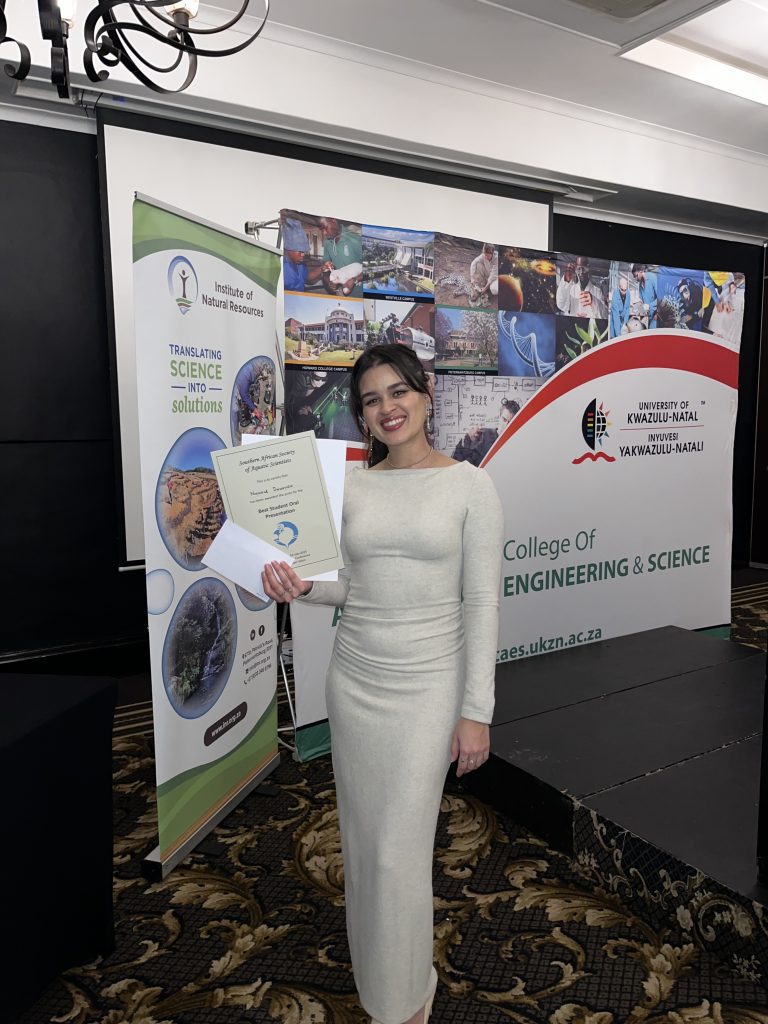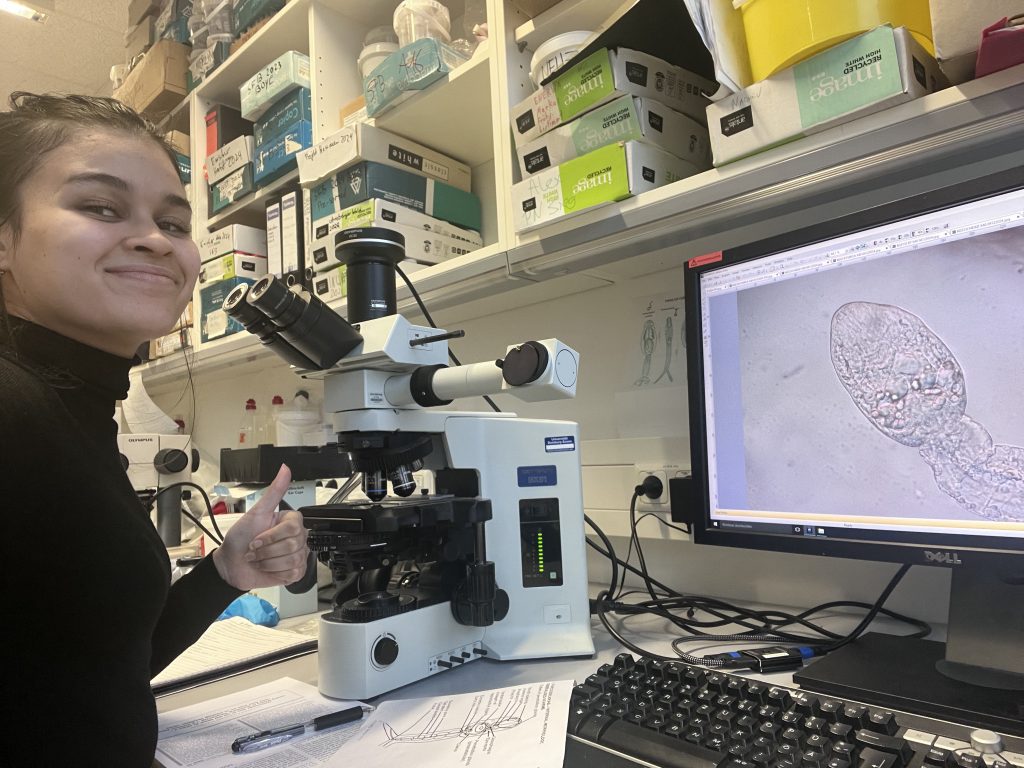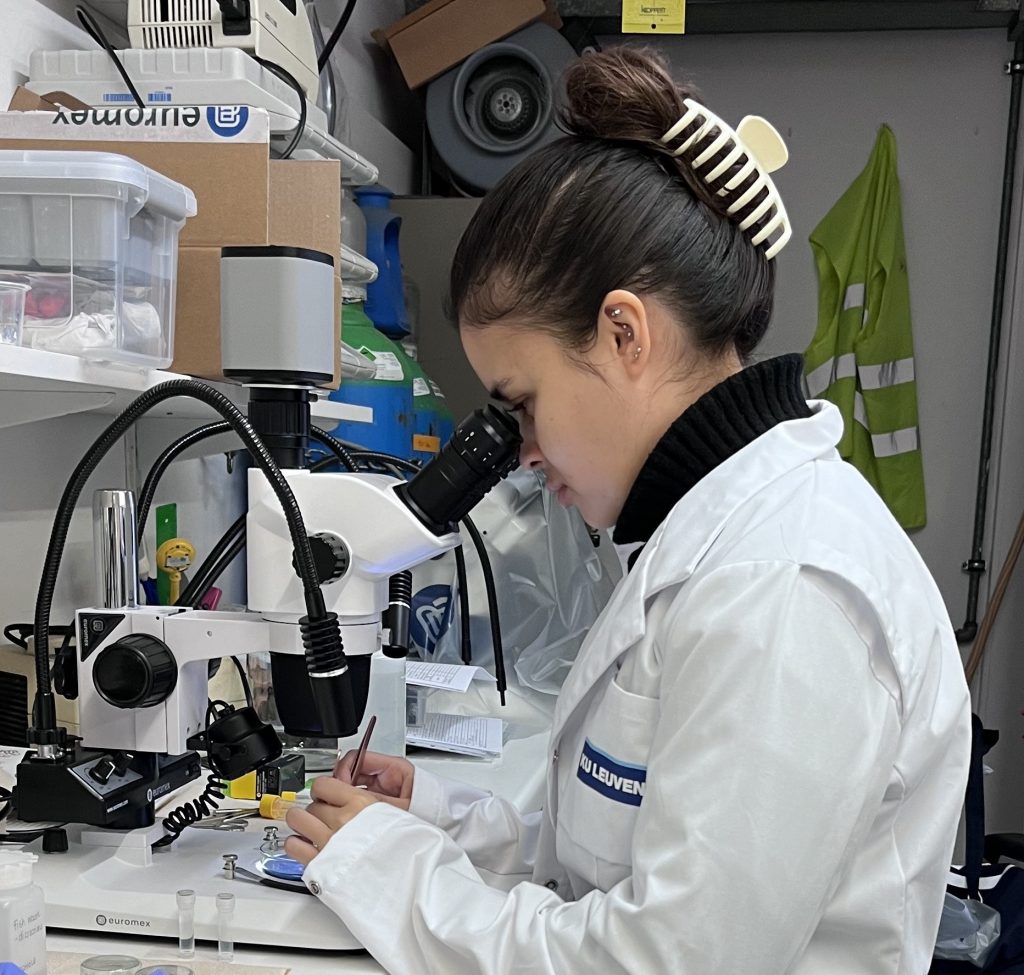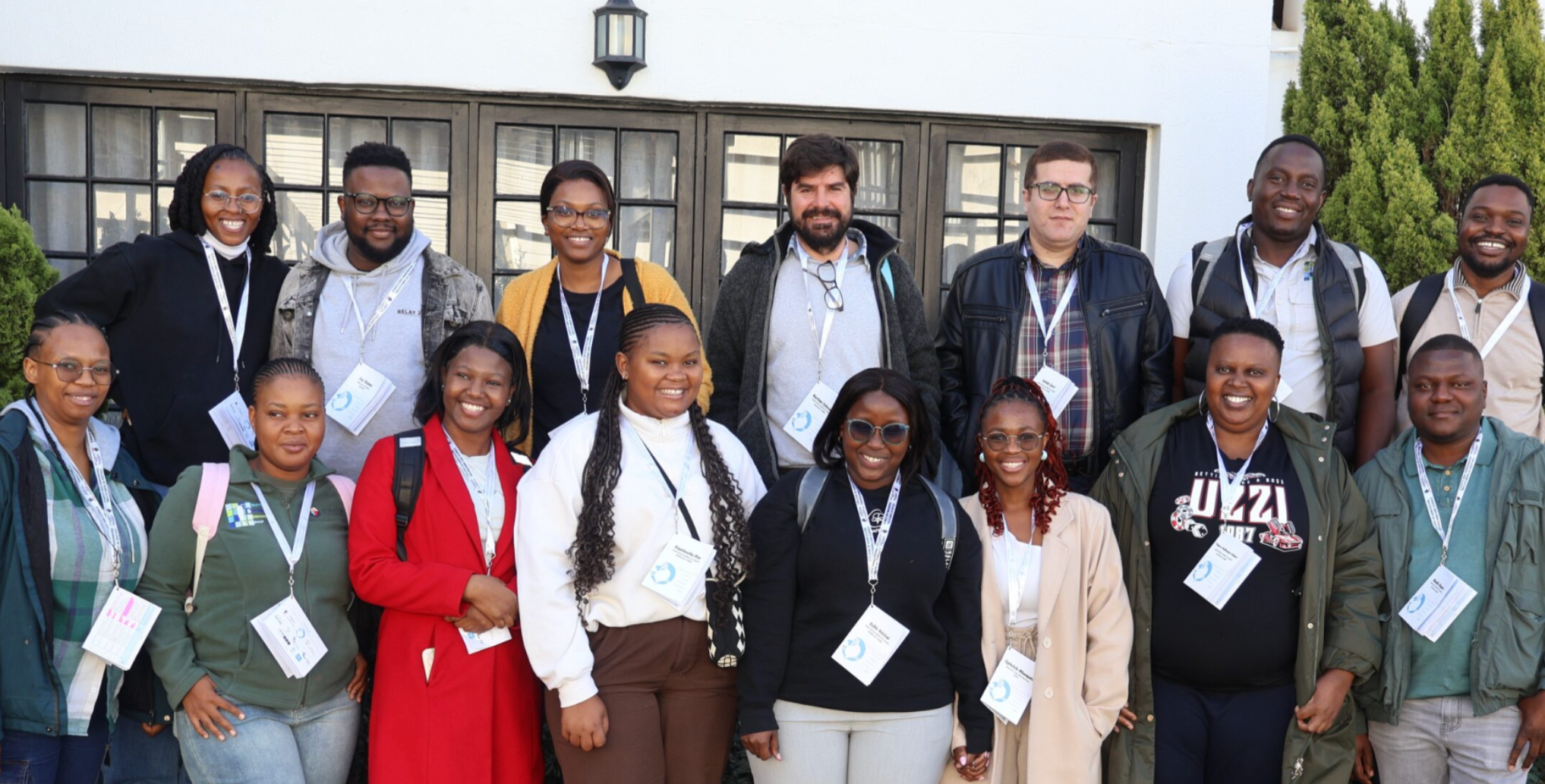SASAqS Congress 2025: Bridging Research and Practice in Aquatic Science
The Southern African Society for Aquatic Scientists (SASAqS) successfully hosted its 2025 conference from June 29 to July 3 in Pietermaritzburg, KwaZulu-Natal. Held at the ANEW Hotel in Hilton, this year’s congress brought together researchers, industry professionals, government officials, and students from around the world under the theme “Advancing Aquatic Science Through Research and Practice.”
Co-hosted by the Institute of Natural Resources (INR) and the University of KwaZulu-Natal (UKZN), the conference featured a rich program of interdisciplinary presentations that highlighted the critical connection between scientific research and real-world applications in aquatic ecosystems management.
International Collaboration and Knowledge Exchange
The congress served as a vibrant platform for global knowledge exchange, exemplified by international participants like Michael Hartshorne, Princeton Hydro’s Director of Aquatics, who traveled from the United States to share expertise on innovative approaches to monitoring harmful algal blooms (HABs). His presentation, “Novel Techniques for the Monitoring of Harmful Algal Blooms (HABs) in Lakes and Rivers of the United States,” addressed the growing worldwide concern of HABs driven by nutrient pollution and climate change.
“The international exchange of ideas and techniques is critical in helping us all address the increasingly complex challenges facing our water resources,” noted Hartshorne, highlighting the value of cross-border collaboration that characterized the event.
PeerJ Awards for Excellence in Research
PeerJ is proud to have sponsored the Best Poster and Best Presentation Early Career Researcher Awards at the SASAqS Congress 2025. These awards recognize exceptional research contributions from students and early-career scientists, providing winners with the opportunity to publish their work in PeerJ journals with waived Article Processing Charges. Meet the winners below:
Nichole Sasha-lee Donough

Research Institutes: Doctoral student at North-West University (Water Research Group), Potchefstroom, South Africa1, KU Leuven (Animal Ecology, Global Change & Sustainable Development), Leuven, Belgium2, South African Institute for Aquatic Biodiversity, Makhanda, South Africa3
I am fromSouth Africa and completed my undergraduate degree in applied sciences with biotechnology management. My prior focal area was solely on ecotoxicological assays, focusing on metal and nanomaterial contamination. Currently my Ph.D. focus relates to environmental changes and stressors to the taxa found within it. I am incorporating biological and abiotic stressors to determine the effects that these have on native biota, such as the African turquoise killifish. The aim of my Ph.D. is to contribute to the literature pool surrounding killifish parasites and temporary freshwater systems of Southern Africa, as well as aiming to contribute to the larger freshwater conservation scope of African waters.
What first interested you in this field?
My interest in aquatic research piqued during an experiment in my final year of my undergraduate degree. I specifically remember the one practical we conducted which changed the entire trajectory of my academic career. In this practical, we purposefully altered water parameters to mimic environmental contamination and looked at the use of biomaterials in aiding remediation. This sparked my interest in aquatic studies and led to a postgraduate degree in the field of aquatic ecosystem health to better understand the effects that these environmental contaminants exert on aquatic organisms and their ecosystems. One degree led to another, igniting interests in various areas of aquatic research, ultimately resulting in my pursuit of a Ph.D. in environmental science, specializing in aquatic ecosystem health.

What did your research presented at SASAqS entail?
My presentation focused on the parasites found in Nothobranchius killifish, and how we can use parasitic diversity to distinguish between these killifish species. I also described the important transmission role that these killifish have in their temporal habitats, and why they are key hosts for parasites. One interesting aspect of my presentation was the life cycle elucidation belonging to the understudied family, Liolopidae, marking it as the second documented life cycle based on natural infections and the first complete liolopid life cycle from southern Africa.
“Raise your hand, flip it over, and look at the distinct markings on the edges of your fingertips. These fingerprints are just one of the ways to differentiate you from me, it’s what makes you, you and it’s what makes you unique, but that is in the human realm, what about the aquatic realm…” – Nichole Donough
What are the next steps? How do you plan to build on?
My first step is to complete my Ph.D., where my focus is environmental parasitology. This comprises of bridging two pillars from our Water Research Group (WRG) – ecotoxicology and parasitology – into one. I plan to incorporate all that I’ve learned and put into future projects focusing on environmental remediation. Seeing as ecotoxicology is used to study the effects of contaminants on the physiological responses of aquatic organisms, I would like to take it a step further on how we are able to remediate these contaminants to save and preserve our aquatic ecosystems and their inhabitants. This is one important aspect to me, as what affects aquatic organisms will inevitably affect us as well. A quote which always stays in the forefront of my mind is that of Emily Dickinson: “If you take care of the small things, the big things take care of themselves.”
 Excysting parasites from preserved fish specimens.
Excysting parasites from preserved fish specimens.
Matthew Burnett, University of KwaZulu-Natal PHD Alumni now working at the Institute ofNatural Resource NPC.
Can you tell us a bit about yourself and your research interests?
The naturalist in me was shaped when guiding in Kruger National Park while completing my undergraduate and MSc degrees. I have primarily focused on researching aquaticecosystems and completed my PhD in ecological sciences at the University of KwaZulu-Natal. My post-graduate studies co-developed the southern African inland fish tracking program that uses fish behaviour to inform water resource management, in near real-time. Presently I am using my developed skills in river connectivity and migration of freshwater fishes research. This includes evaluating fishways, the recruitment of freshwater eels and monitoring water resource use. In addition, I am part of the sustainable healthy food system – southern African (SHEF-SA) project that looks at the contribution and issues around fish in food systems, my focus here is on fisheries production/market and national policies. I enjoy capacity building and partake in student and intern supervision to see growth in my field ofexpertise, giving back what others have taught me.
What first interested you in this field of research?
As a fieldguide in Kruger Park I often had to interpret what was seen, freshwater ecosystem are not seen, or at least what lies beneath the water surface is harder to see. And when considered, often undertake a terrestrial perspective. My love for fishing and the need to understand the freshwater ecosystem more helped me realise this research gap and work towards filling it through my studies. This has been the main catalyst to pursuing a career in aquatic research.
Can you briefly explain the research you presented at Southern African Society of Aquatic Scientistconference 2025?
Despite my love for natural sciences, I grew up shadowing my father, who is an engineer. I chose wildlife, but would have chosen engineering as a second, my presentation merges these two disciplines through the use of fish telemetry. It merges fish behaviour and engineering to produce data to make better informed decision. The study I presented is in collaboration with Darmstadt University of Applied Sciences where we looked at using Machine Learning techniques to understand fish behaviour in near real-time. This is still a developing field and we hope to expand on this work as fish telemetry becomes more widely used and valued in Africa. The Southern African Society of Aquatic Scientist Conference2025 provided a great platform to highlight this research and as a society(https://www.riv.co.za/sasaqs/) has always been supportive of postgraduate and ECR’s presenting their work. It is a small but impactful society in the African aquatics field.
What are your next steps? How will you continue to build on this research?
I enjoy inter- trans- multi-disciplinary research, I feel this is where the cusp of research innovation lies. It takes a little more work to understand other disciplines and work with different people but the reward is more impactful research. There are three fields I hope to expand on in Africa, that is to improve our understanding of animal movements through behavioural studies, prioritising fish and river connectivity, contribute to the sustainable use of African fisheries and improve on how we utilise our water resource. These are big tasks, and only achievable through meaningful partnership (reach out). Here the SHEFS-SA program is giving me the platform to do this, where sustainable and healthy ecosystem for people are given a priority.

